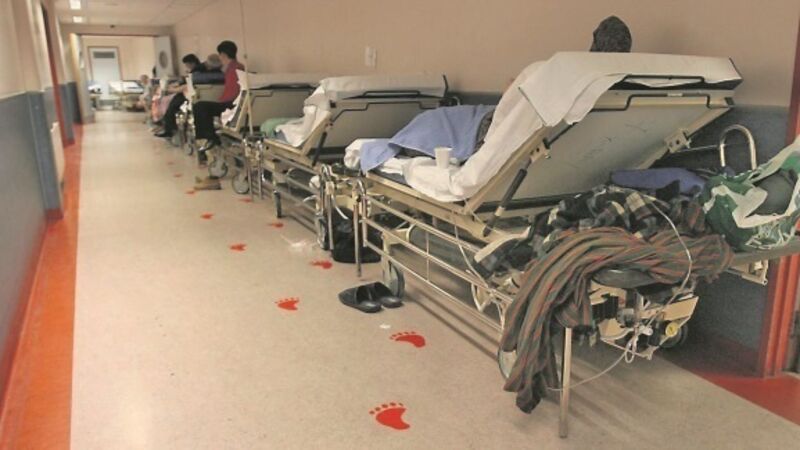Poor value in public and private health

I was horrified to read that the Irish health system, when counting both the private and public sectors together, is one of the most expensive in the world, according to the Organisation for Economic Cooperation and Development (OECD).
It consumes a greater proportion of national resources than equivalents do in similar countries.










